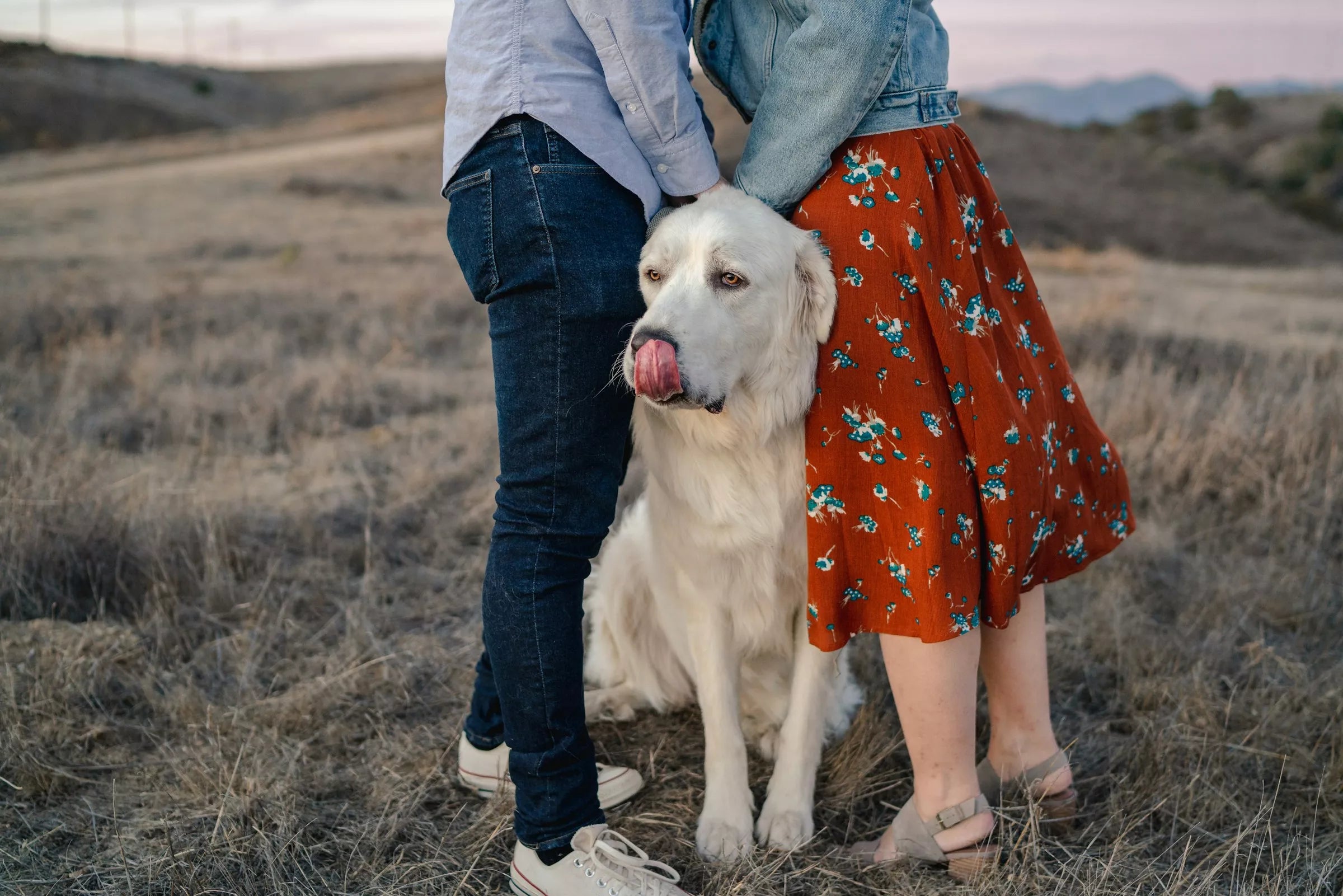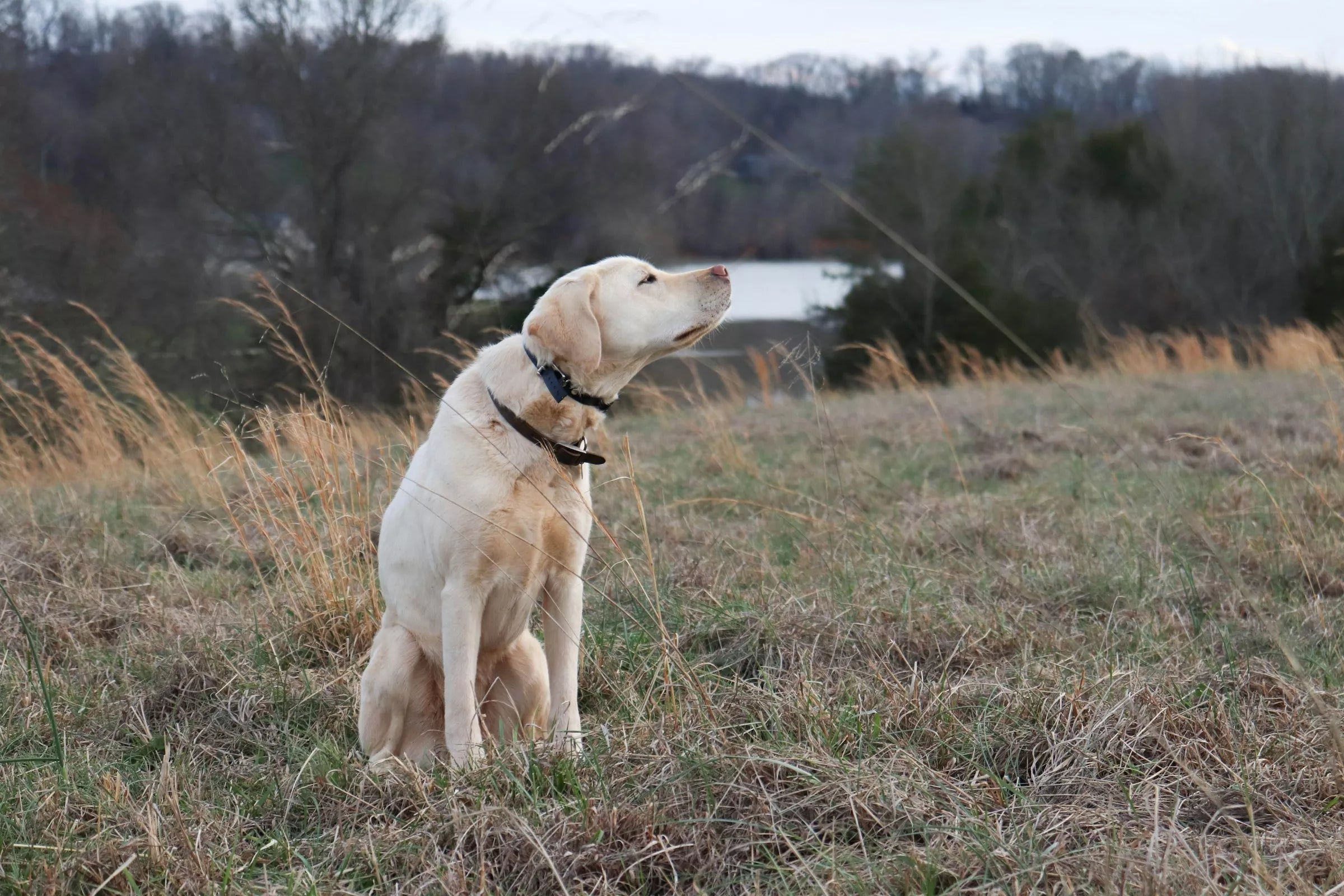Hello, fellow dog parents! Welcoming a furry friend into your family is an incredibly rewarding experience, but it also comes with responsibilities, one of the most crucial being vaccinations. As caring dog parents, it's our duty to ensure our pups stay healthy and protected from preventable diseases. But when exactly should dogs be vaccinated? Let's dive into this important topic together.
Understanding Vaccinations for Dogs
Vaccinations are a vital aspect of preventive healthcare for dogs. They work by stimulating the immune system to produce antibodies, providing immunity against specific diseases. These diseases can be potentially fatal or cause severe health complications if contracted by our beloved pets.
There are various types of vaccines for dogs, including core vaccines and non-core vaccines. Core vaccines are those recommended for all dogs due to the severity of the diseases they prevent, while non-core vaccines are optional and may be recommended based on factors such as lifestyle and geographic location.

When to Vaccinate Your Dog
Early Puppy Vaccinations
Puppies are particularly vulnerable to infectious diseases, as their immune systems are still developing. It's essential to start vaccinations early to provide them with the best protection against common canine illnesses.
Adult Dog Vaccination Schedule
As dogs mature, their vaccination needs evolve. Following a consistent vaccination schedule throughout your dog's life ensures they remain safeguarded against diseases.
Core Vaccines vs. Non-Core Vaccines
Core vaccines protect against diseases that are widespread, highly contagious, and pose a significant risk to dogs' health. These typically include vaccines for rabies, distemper, parvovirus, and adenovirus.
Non-core vaccines, on the other hand, address diseases that may be situational or region-specific, such as Lyme disease or canine influenza.
Puppy Vaccination Schedule
During the first few months of life, puppies receive a series of vaccinations to build immunity. This typically includes a combination vaccine to protect against several diseases, administered in multiple doses, usually three to four weeks apart.

Adult Dog Vaccination Schedule
As dogs reach adulthood, they require regular booster shots to maintain immunity. Your veterinarian will develop a tailored vaccination schedule based on your dog's lifestyle, health status, and risk factors.
Vaccine Safety and Risks
While vaccines are generally safe, some dogs may experience mild side effects, such as soreness at the injection site or mild fever. Severe reactions are rare but can occur. It's essential to discuss any concerns with your veterinarian and monitor your dog closely after vaccination.

Signs Your Dog Needs Vaccination
Keep an eye out for signs that your dog may need a booster shot or additional vaccines. Changes in lifestyle, travel plans, or outbreaks of infectious diseases in your area may warrant updated vaccinations.
Consulting with Your Vet
Your veterinarian is your most reliable source of information when it comes to your dog's health and vaccination needs. They can offer personalized recommendations based on your dog's individual circumstances.
Cost Considerations
The cost of vaccinations can vary depending on factors such as the type of vaccines required and your location. However, the expense of vaccinations is minimal compared to the potential cost of treating a sick dog or the emotional toll of seeing your pet suffer from a preventable illness.
FAQs About Dog Vaccinations
1. Can my dog skip vaccinations if they rarely go outside?
While outdoor exposure increases the risk of disease transmission, some vaccines, like rabies, are legally required regardless of lifestyle. Discuss your dog's specific needs with your veterinarian.
2. Are there natural alternatives to vaccines?
While some individuals advocate for natural immunity through exposure, vaccines provide a safer and more reliable method of protection against deadly diseases.
3. Can my dog get sick from the vaccines themselves?
Serious adverse reactions to vaccines are rare. However, it's essential to monitor your dog for any unusual symptoms and report them to your veterinarian promptly.
4. Can I vaccinate my dog at home?
Administering vaccines requires proper training and sterile technique. It's best left to veterinary professionals to ensure safety and efficacy.
5. Are there financial assistance programs for dog vaccinations?
Some organizations offer low-cost vaccination clinics or financial aid for pet owners in need. Research local resources or inquire at your veterinarian's office for assistance.
Conclusion
As responsible dog parents, ensuring our furry companions are up-to-date on their vaccinations is paramount. By following a recommended vaccination schedule and consulting with our veterinarians, we can protect our beloved pets from preventable diseases and keep them healthy and happy for years to come.
Remember, vaccination isn't just about protecting our individual dogs; it's also about contributing to community health by preventing the spread of infectious diseases.















Share:
How Should Dogs Greet Each Other?
Should Dogs' Teeth Be White?